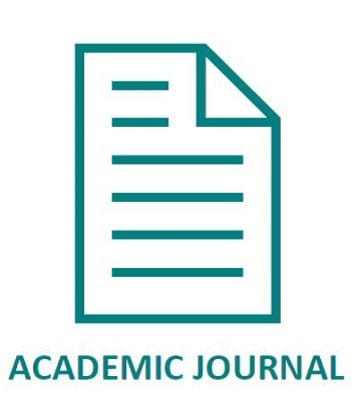Stable copper-zeolite filter media for bacteria removal in stormwater
Abstract
Cu2+-exchanged zeolite (ZCu) as antibacterial media shows great potential for bacteria removal from stormwater, but its stability in high salinity water needs attention. In this study, stable antibacterial media were developed by modifying ZCu through calcination and in situ Cu(OH)2 coating. Their stability and Escherichia coli removal efficiency along with impact of salinity were examined in gravity-fed columns. While copper leaching from ZCu was 20 mg/L in test water of salinity 250 μS/cm, it was reduced by over 97% through Cu(OH)2 coating and/or calcination. ZCu coated with Cu(OH)2 followed by heat treatment at 180 °C (ZCuCuO180) exhibited more consistent E. coli removal (1.7–2.7 log) than ZCu (1.2–3.3 log) in test water of varied salinity but constant contact time 22 min. ZCu calcined at 400 °C (ZCu400) effectively inactivated removed bacteria during 24 h drying period. In the presence of native microbial communities, new sand filters, particularly those having ZCu400 at the top to inactivate bacteria during drying periods and ZCuCuO180 midway to capture and inactivate microbes during wet events, provided the best bacterial removal (1.7 log, contact time 9 min). Copper leaching from this design was 9 μg/L, well below long-term irrigation standard of 200 μg/L.
Citation
Li, Y. L., McCarthy, D. T. and Deletic, A. (2014). Stable copper-zeolite filter media for bacteria removal in stormwater. Journal of Hazardous Materials, 273, pp. 222-230. Copyright © 2014 Elsevier B.V.
Note: Journal articles and conference papers (and links where available) are available under open access arrangements where possible. Otherwise please contact your institution’s library, the authors, or publishers to organise full access.
